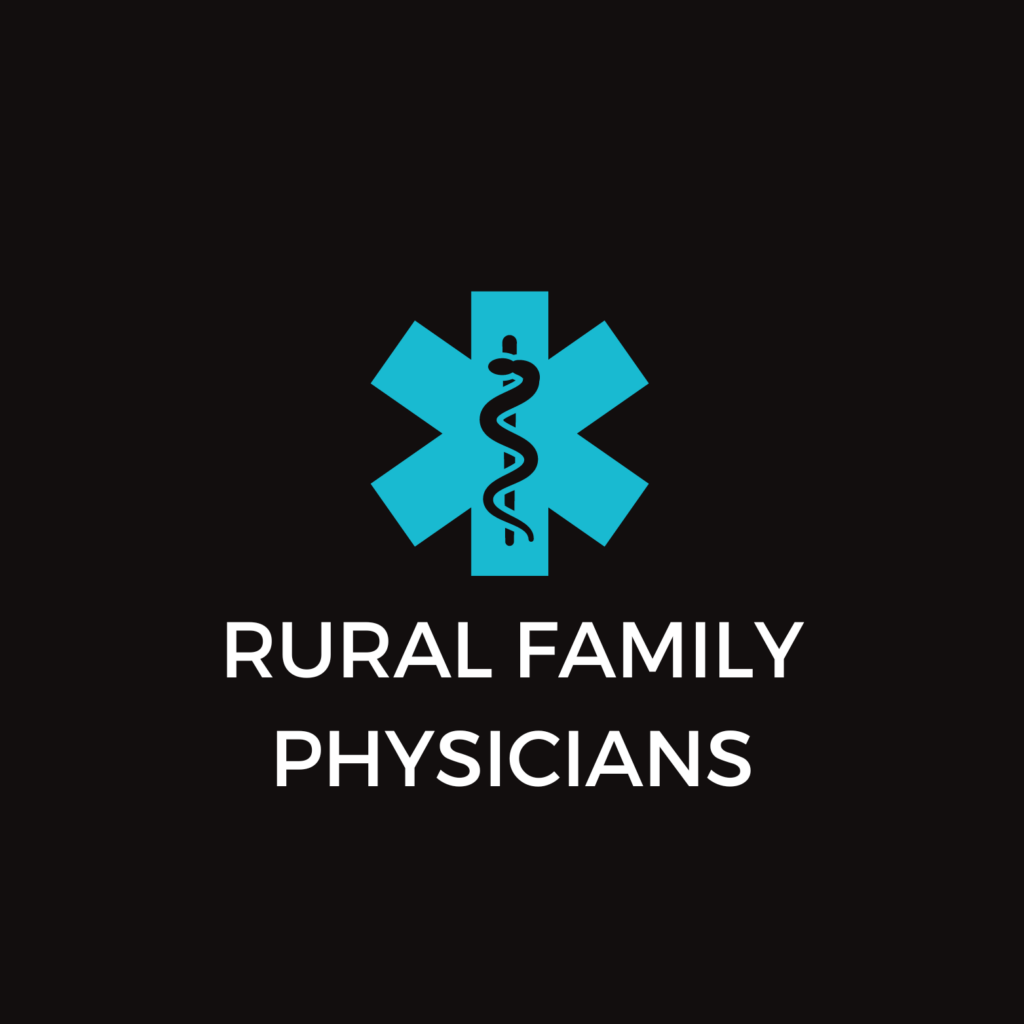2024 Safety Net Clinic Week
Safety Net Clinic week 2024, held August 11-16, 2024
Stories from Rural Colorado Safety Net Clinics
In an effort to raise awareness of Colorado’s Healthcare safety net providers, the Colorado Rural Health Center produces short videos and hosts an annual Safety Net Clinic Week Showcase. The annual event and videos offer a rare look into the unique challenges facing healthcare in rural Colorado and a special glimpse into rural life. The videos are an opportunity for policymakers, healthcare advocates, and community leaders to engage with rural health providers and serve an educational tool to help viewers understand the fragile healthcare system in rural Colorado and why it is so important to support the clinics and communities they serve.
2022 Videos
2021 Videos
Annually, Colorado’s Community Safety Net Clinics (CSNCs) and Federally Certified Rural Health Clinics (RHCs) provide care to an estimated 344,000 rural and underserved Coloradans. The clinics primarily serve Coloradans who are uninsured, underinsured or publicly insured through Medicaid, CHP+ and Medicare.
What is a Safety Net Clinic?
All CSNCs and RHCs are unique and diverse. Clinics fund their operations through various means including grants, patient revenue and/or in-kind donations and clinic staffing models often include volunteer providers. These clinics also provide a variety of services including primary care, behavioral health, oral health care, optical and/or specialty care. If possible, clinics will not turn patients away based on an inability to pay and some clinics provide services completely free of charge. Uninsured patients are often asked to pay for services at a flat fee or on a sliding fee scale.
CSNCs and RHCs do not receive any supplemental federal funding and do not receive enhanced Medicaid and Medicare reimbursement rates to provide services to our state’s most vulnerable individuals.
Community Safety Net Clinics (CSNCs)
CSNCs have grown organically due to forward thinking civic-minded individuals that recognize that many Coloradans are still lacking access to timely health services, despite the presence of other safety net providers in their community.
CSNCs are diverse and may include:
- Community Clinics (including school-based health clinics and mobile units)
- Free or Charitable Clinics (predominately faith-based)
- Residency Clinics (associated with hospitals where medical residents train under supervision of the faculty)
- Other Safety Net Providers (including rural providers and private practices)
Federally Certified Rural Health Clinics (RHCs)
An RHC is a federally designated clinic located in a non-urban health care professional shortage area. There are 48 RHCs in Colorado. RHCs must be staffed by at least one nurse practitioner, physician assistant or certified nurse midwife who are on-site to see patients at least 50 percent of the time the clinic is open. However, RHCs do not receive any additional federal funding to operate other than Medicare and Medicaid.
RHCs are diverse and may include:
- Affiliation with the local hospital
- Owned and operated by the local town or county
- Owned and operated by an individual practitioner
2020 Safety Net Clinic Videos
2019 Safety Net Clinic Videos
2018 Safety Net Clinic Videos
2017 Safety Net Clinic Videos
2016 Safety Net Clinic Videos
2015 Safety Net Clinic Videos
By the Numbers
CSNCs and RHCs throughout Colorado.
Number of visits to CSNCs and RHCs annually.
Unique patient visits at RHCs annually.
Number of RHCs in CO.
About Rural Health Clinics
A Rural Health Clinic is a federally designated clinic located in a non-urban health care professional shortage area. As of June 2011, there are 50 RHCs in Colorado which serve an approximate 175,000 unique patients per year. An RHC may be a public or private, for-profit or not-for-profit entity and can be housed in a permanent structure or a mobile clinic. RHCs are certified as provider-based or independent, free-standing. Provider-based RHCs are affiliated with a parent entity which is typically a rural hospital or hospital system. RHCs must be staffed by at least one nurse practitioner, physician assistant or certified nurse midwife who must be on-site to see patients at least 50% of the time the clinic is open. A physician (MD or DO) must supervise the midlevel practitioner in a manner consistent with state and federal law. The greatest benefit of the program is cost-based (enhanced) reimbursement from Medicare and Medicaid; however, RHCs do not receive any additional federal funding to operate.
About Community Safety Net Clinics (CSNCs)
CSNCs are very diverse in their models and include non-profit community clinics, residency clinics, free clinics (predominately faith-based), and select private practices that fund their operations through grants, patient revenue and/or donations – none receive enhanced reimbursement or federal funding. Clinic staffing models vary greatly but often include volunteer providers and support staff. Forty Five CSNCs serve approximately 150,000 patients annually and provide some 350,000 visits each year. They are not federally certified or qualified and therefore do not receive enhanced reimbursement for Medicare or Medicaid.



